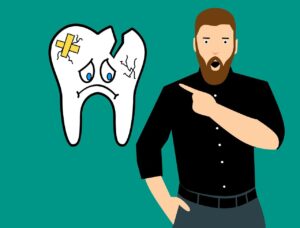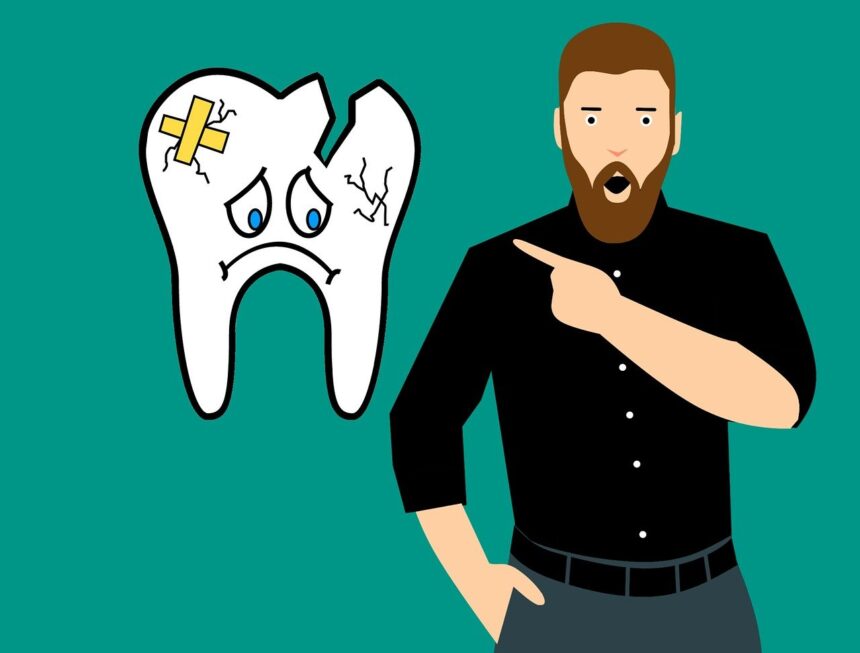Cavities are areas of the teeth that become permanently damaged due to holes and openings on the enamel surface. Also known as “tooth decay” and “caries,” varying factors like genetics, diet, and poor oral hygiene can cause cavities throughout life. Cavities can still form even if you have optimal dental care at home, brushing and flossing twice a day, and seeing your dentist regularly.
But how do you know if there is one form? Are there any telltale signs to recognize if a cavity is beginning to develop? Yes, early detection signals happen in the mouth, and knowing them can help you prevent a more painful cavity from developing or leading to tooth loss.
Cavities are the World’s Most Common Teeth Problems

Cavities are one of the most common health problems globally and the most common oral health issue. If left untreated, cavities will increase in size, depth, and pain for the patient. Eventually, the cavity will reach the tooth nerve deep within, leading to excruciating pain that can’t be fixed without a more invasive and expensive dental procedure like a root canal.
What are some Symptoms of a Cavity?
Several signs are associated with varying stages of cavity formation and tooth decay. But when they begin to form, you may not experience any of these symptoms, so visiting your dentist consistently is essential, regardless of whether you have cavity symptoms.
- Tooth pain (toothache), spontatenous oral pain or pain that isn’t caused by trauma or biting something too hard accidentally
- Sensitivity of the teeth, either while resting, chewing, brushing, drinking cold or hot liquids, etc.
- Mild to severe pain while chewing and eating solid food
- Visible black, brown, or discolored white stains on the surface of a tooth
- Visible pits, holes, and cracks in the teeth
- Pain while brushing your teeth and biting
The problem with cavities is that it can take quite a while into the decay process for patients to experience any of these symptoms. Moreover, when symptoms are enough to be felt by a patient, the cavity is at a point where a mild filling may not fix it. Get into your dentist normally (2-4 times a year) to ensure nothing forms in the background without you noticing it.
What Can I Do to Prevent Cavities?
Your first line of defense is to have a solid oral hygiene foundational habit in your daily life. Do you brush your teeth before having coffee in the morning? Are you brushing twice a day after meals and using mouth rinse? The most obvious and effective way to prevent cavities is to care for your teeth at home.
But, even with the most thorough dental care routine, cavities can still form. So, to help prevent cavities from forming, consider the following:
- Reduce sugar and acid consumption. Modern diets are filled with destructive sugars and acids that wear down tooth enamel over time. Reducing your sugar consumption dramatically reduces the chance of cavities forming.
- Brush your teeth and use a mouth rinse every time after eating. If you are at high risk for cavities, your dentist will likely recommend an anti-cavity fluoride mouth rinse.
- Consider antibacterial and fluoride treatments. Most public water sources in the USA contain fluoride, so you can drink more tap water (where it is safe) or talk to your dentist about fluoride treatment on your next visit.
- Drink more water and hydrate. Dry mouth is a common cause of dental decay, which leads to cavities. Increasing your body’s hydration level can help your body’s natural ability to keep cavities at bay.
There are other ways to help prevent cavities from forming. Ask your dentist for any tips they recommend.
Let Your Dentist do the Heavy Lifting on Cavities
Waiting for a cavity to be noticeable is never a winning tactic. If you notice your cavity, it likely means it has been forming for quite some time, even months. The point is, do what you can at home, considering your diet and oral hygiene, but see your dentist regularly and let them do what they do best. Dentists are trained at spotting cavities well before a patient can notice anything, and this is the best way to prevent them from turning into painful and unsightly problems that cost a lot more to fix.
For the best Dental Practices in Coney Island NY, look no further than here at ConeyIslandDental.com, with over 40 years of local dentistry expertise.


